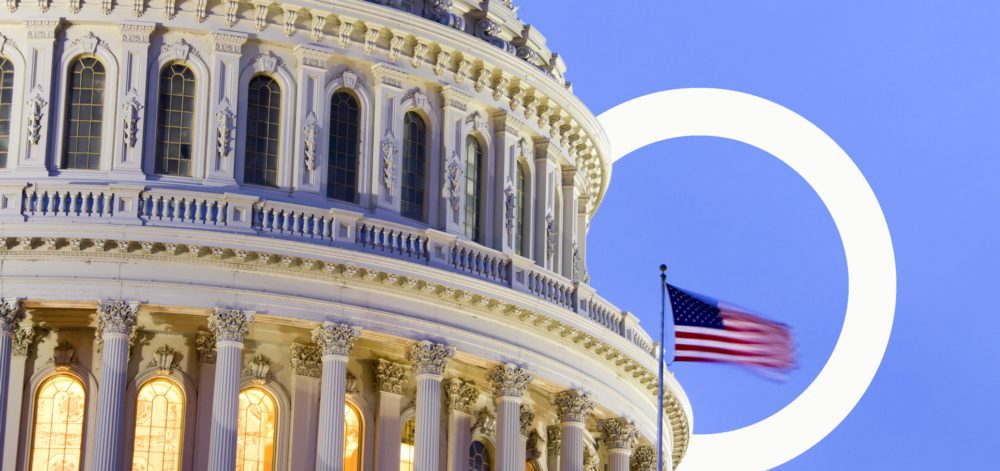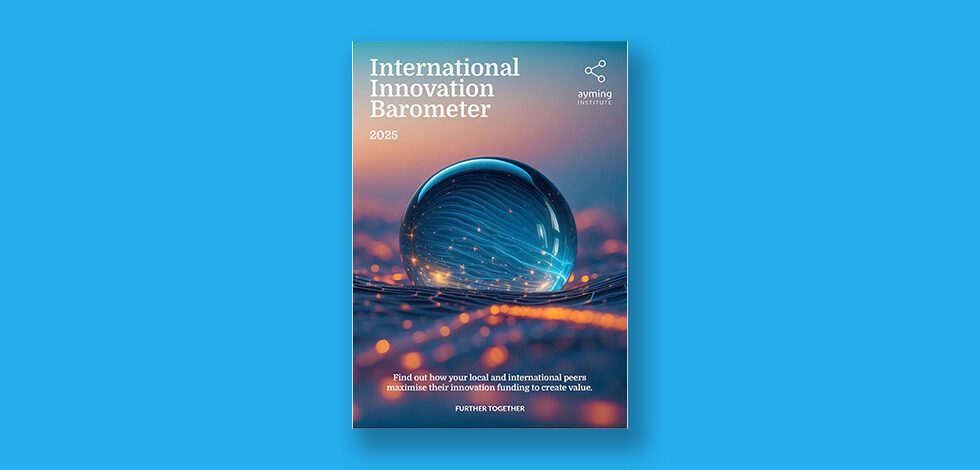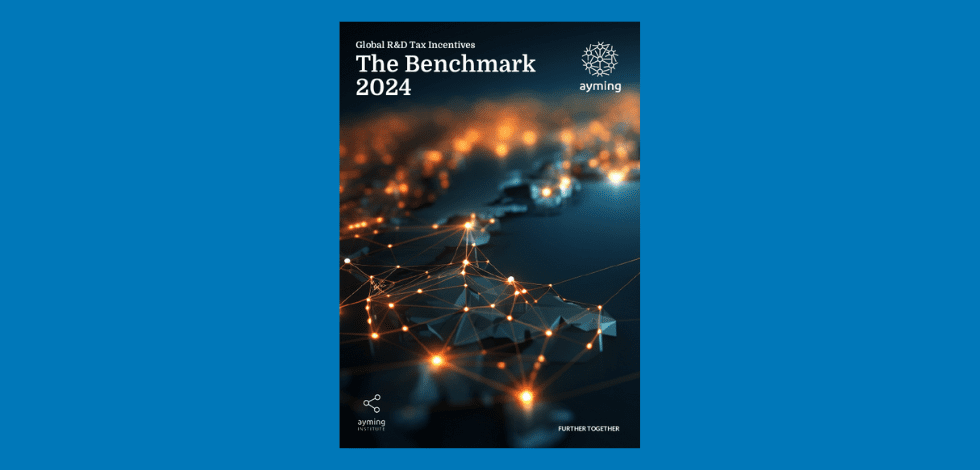As companies navigate the ongoing novel coronavirus disease (COVID-19) crisis, corporate leaders should consider various measures to mitigate the severe economic impact caused by the pandemic and plan for recovery. At the time of this writing, the Trump Administration has proposed a $1 trillion stimulus package intended to assist specific industries and individuals. Unfortunately, despite the measures taken by the federal government, many companies will continue to struggle with cash-flow management due to local and federal restrictions, as well as consumer anxiety.
It is important for businesses to continue to monitor measures taken by the federal government regarding tax deadlines and reliefs. On March 20th, Treasury Secretary Steven Mnuchin announced that the United States would be extending the April 15th federal filing deadline to July 15th stating, “All taxpayers and businesses will have this additional time to file and make payments without interest or penalties.” In addition to deferred tax filings and payments, companies should take advantage of any new or existing tax reliefs. One such existing tax benefit program is the Research and Development (R&D) tax credit.
The R&D tax credit has been a constant source of cash to aid internal funding and is available to all taxpayers that engage in qualified activities related to research and development as well as innovation. During this period of uncertainty, companies should consider activity from 2019 as a source to generate an immediate reduction in taxes owed, as well as consider qualified activities from 2016, 2017, and 2018 to provide immediate cash returns to assist with cash-flow management. Ayming USA specializes in providing tax incentives, such as the R&D tax credit, to American taxpayers and encourages the assessment of prior years’ filings for potential refunds.
The process of reassessing previously filed returns can be broken down into these steps:
- Determine eligible tax years;
- Assess qualified research activities during eligible tax years;
- Calculate R&D tax credit; and
- Recognize unclaimed credits for all open tax years and amend filed returns.
Businesses must focus on different measures to ensure the safety of their employees and reconsider existing strategies for business continuity, from expanding flexible work arrangements allowing staff to work remotely, to initiating virtual selling, considering alternative supply chain options, and reassessing their innovation activities to prepare for economic recovery. In the meantime, however, claiming credits earned in previous years can help in the short-term and make a dramatic impact on the commercial survival measures that every company is currently exploring. Click the link below to investigate your qualified research activities with Ayming.
Contact us to investigate your qualified research activities











No Comments